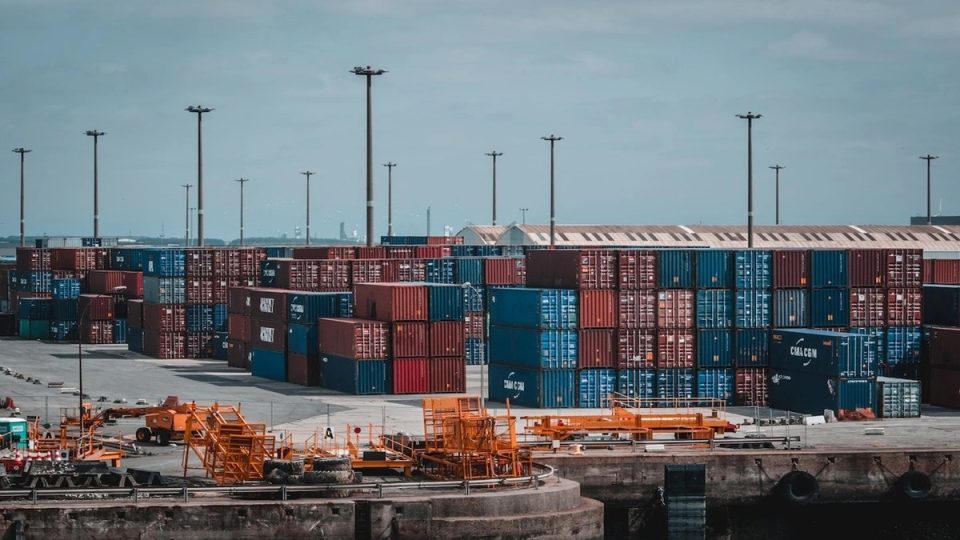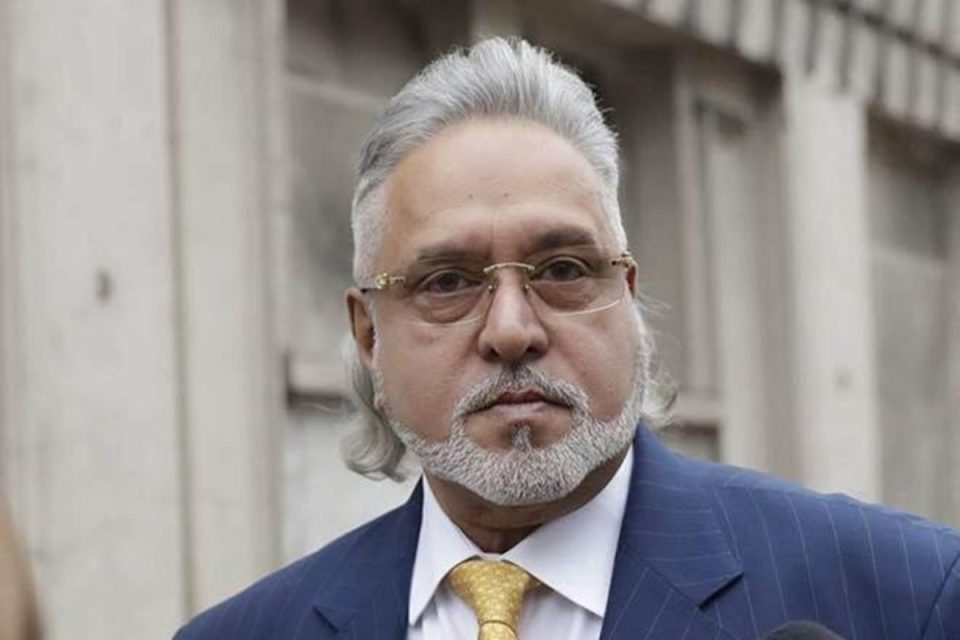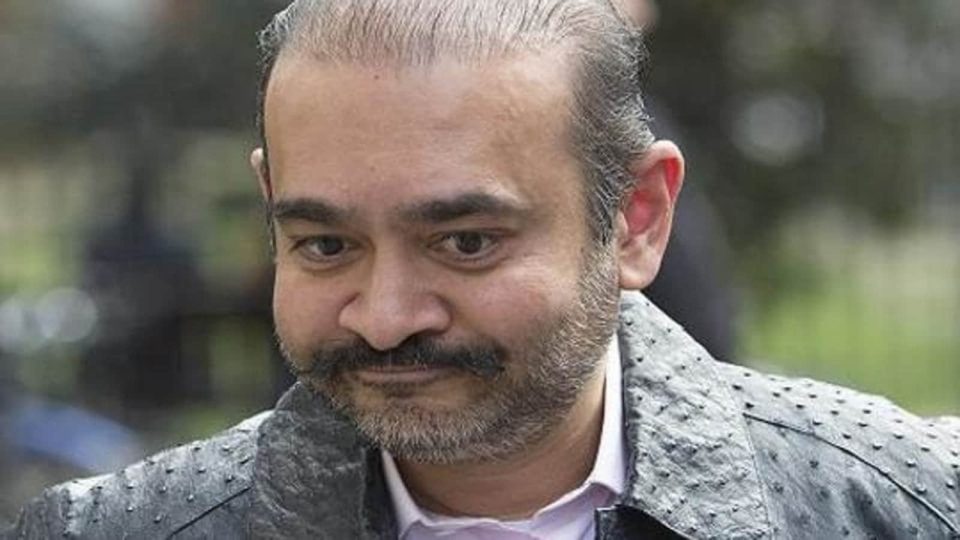Considering the Covid-19 outbreak, the Ministry of Commerce on Friday eased norms to provide conditional one-off relief to traders in specific industries to maintain average export obligations under the capital goods scheme.
Under the Export Promotion Capital Goods (EPCG) scheme, traders in the three sectors of hospitality, healthcare and education are not required to maintain their average export obligations for FY21 and FY22. They also have the option to extend their export obligations for a longer period without paying any fees.
Under the EPCG scheme, traders can import capital goods with zero tariffs if they undertake export obligations.
The Directorate General of Foreign Trade (DGFT) has said in a public notice that this extension is being granted without payment of the composition fee. A composition fee is usually levied on traders who fail to honour their re-export commitment within a stipulated period and seek an extension of the permit.
The move is part of DGFT’s efforts to improve the ease of doing business and help exporters as outbound cargo shipments have fallen amid slowing demand in major markets such as the US and EU. Merchandise exports contracted 12.2% in December after a modest rise in November and a sharp contraction of 16.7% in October.
DGFT has decided to cut the consolidated fees for re-export license extensions under the Advance Authorization Scheme (AAS). For example, in most cases, the combination fee used to be as high as 0.5% of the monthly freight on-board value of the outstanding export obligation. However, under the new regime, the fee can be fixed at a fixed rate of Rs 10,000-30,000, depending on the value of outstanding export commitments. Under the AAS, exporters can import inputs with zero duty after assuming the obligation to re-export the finished product within a specified period.











